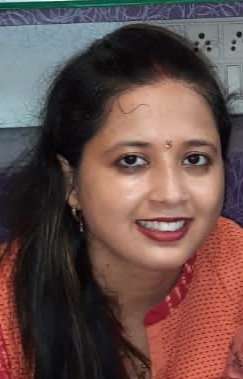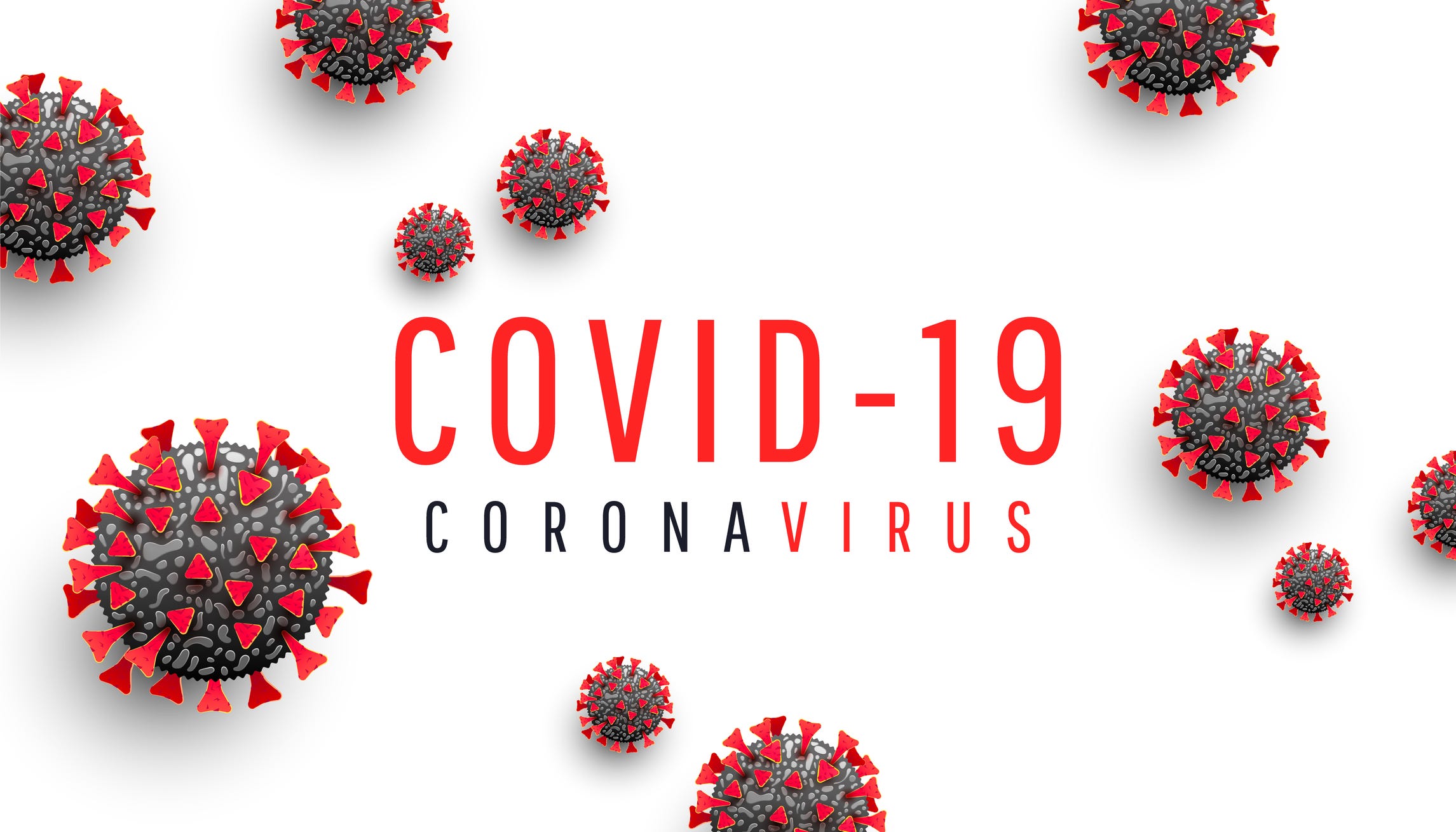Coronavirus disease
(COVID-19)
Coronavirus disease
(COVID-19) is an contagious disease caused by the SARS-CoV-2 virus. Most people infected with the virus will
experience mild to moderate respiratory illness and recover without requiring
special treatment. However, some will become acutely ill and require medical
attention. Elder people and those with primary medical conditions like
cardiovascular disease, diabetes, chronic respiratory disease, or cancer are
more likely to develop serious illness. Anybody can easily get sick with
COVID-19 .
The best way to stop and slow down spread
is to be well educated about the disease and how the virus spreads. Protect
yourself and others from infection by staying at least 1 metre apart from
others, We have to follow the rules of
COVID -19, to protect ourselves and our family members, by wearing a properly
fitted mask, and keep washing our hands on regular intervals we have to use alcohol-based hand wash to guard ourselves from
the virus infection . Vaccination is a
major relief for the people of all over World, so registers yourself and your
family members and gets vaccinated when your turn comes.
The virus can easily spread from an
infected person to another person by mouth or nose in small liquid particles
when they cough, sneeze, speak, sing or breathe. These particles range from
larger respiratory droplets to smaller aerosols. It is important to follow
respiratory protocol, for example by coughing into a flexed elbow, and to stay
home and self-cut off until you recuperate if you feel unwell.
I hope things were back to normal again?.
With rising cases in around 215 countries, stay-at-home instructions put in
place to control the spread of COVID-19.
COVID-19
pandemic has led to a striking loss of human life entire nations and presents an unique challenge to our health
The economic and social disturbance caused by the pandemic is disturbing:
The
pandemic has been affect the entire food system. Border closures, trade limits
and detention measures have been preventing farmers from accessing markets,
including for buying inputs and selling their produce, and agricultural workers
from harvesting crops, thus disturbing domestic and international food supply
chains and reducing access to healthy, safe and diverse diets. The pandemic has
decimated jobs. As breadwinners lose jobs, fall ill and die, the food security
and nutrition of millions of women and men are under threat, with those in
low-income countries, particularly the most marginalized populations, which
include small-scale farmers and indigenous peoples, being hardest hit.
Agricultural
workers? while feeding the world, regularly face high levels of working shortage,
starvation and underprivileged and suffer from a lack of safety and labor
protection as well as other types of abuse. With low and unbalanced incomes and
a lack of social support, many of them are spur to continue working, often in
unsafe conditions, thus exposing themselves and their families to additional
risks. Agricultural workers are mainly weak, because they face risks in their
transport, working and living conditions and struggle to access support procedures
put in place by governments. Guaranteeing the safety and health of all
agri-food workers ? from primary producers to those involved in food
processing, transport and retail, including street food vendors ? as well as
better incomes and protection, will be critical to saving lives and protecting
public health, people?s livelihoods and food security.potential loss of already
achieved development gains.


 Create and manage your profile
Create and manage your profile Refer an author and get bonus Learn more
Refer an author and get bonus Learn more Publish any lost and found belongings
Publish any lost and found belongings Connect with the authors & add your review comments
Connect with the authors & add your review comments Join us for Free to advertise for your business or
Contact-us for more details
Join us for Free to advertise for your business or
Contact-us for more details
 Join us for Free to publish your own blogs, articles or tutorials and get your
Benefits
Join us for Free to publish your own blogs, articles or tutorials and get your
Benefits

 1 like
1 like


